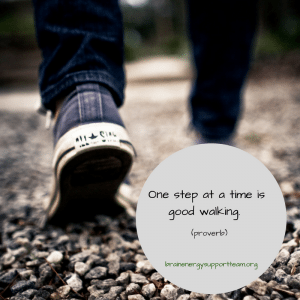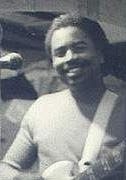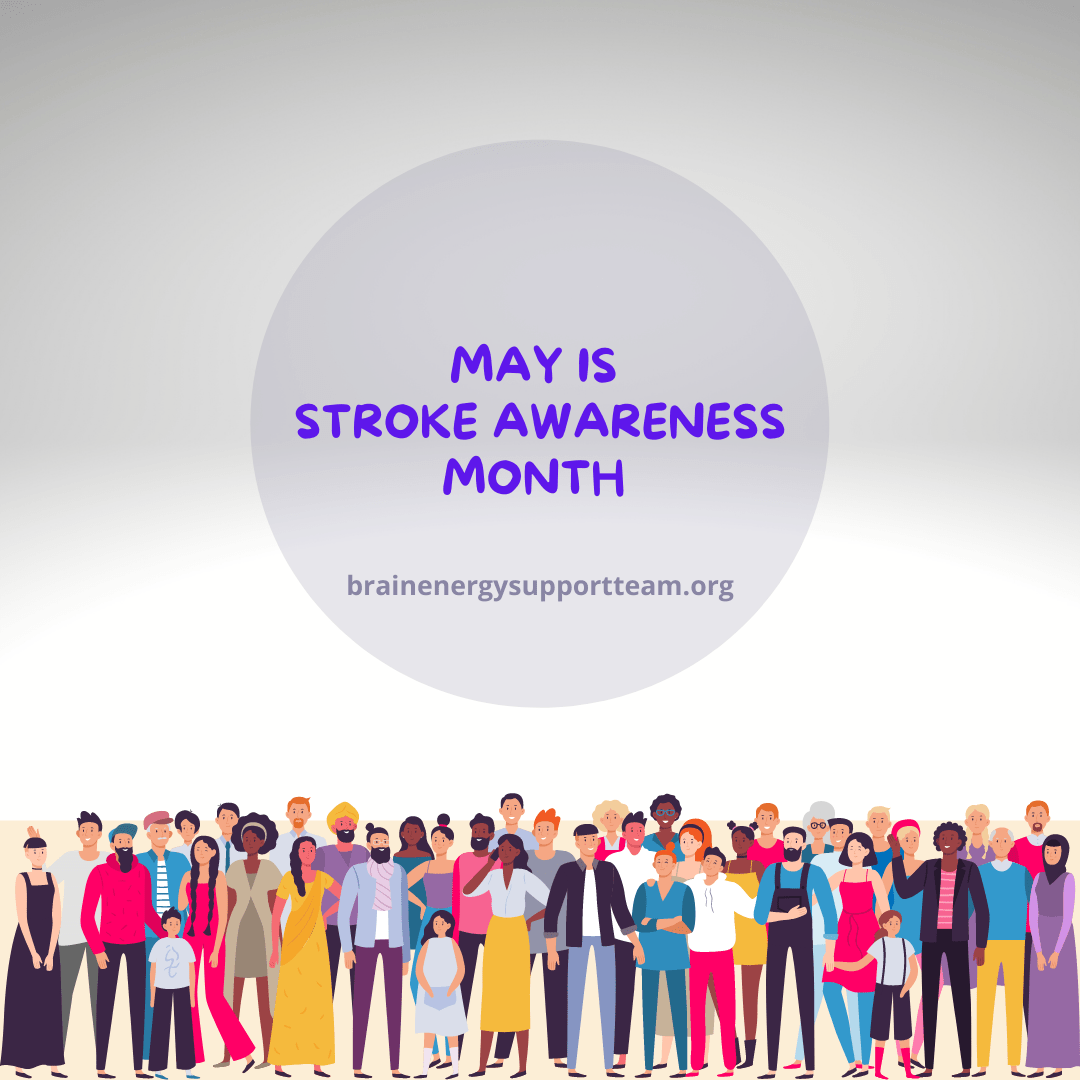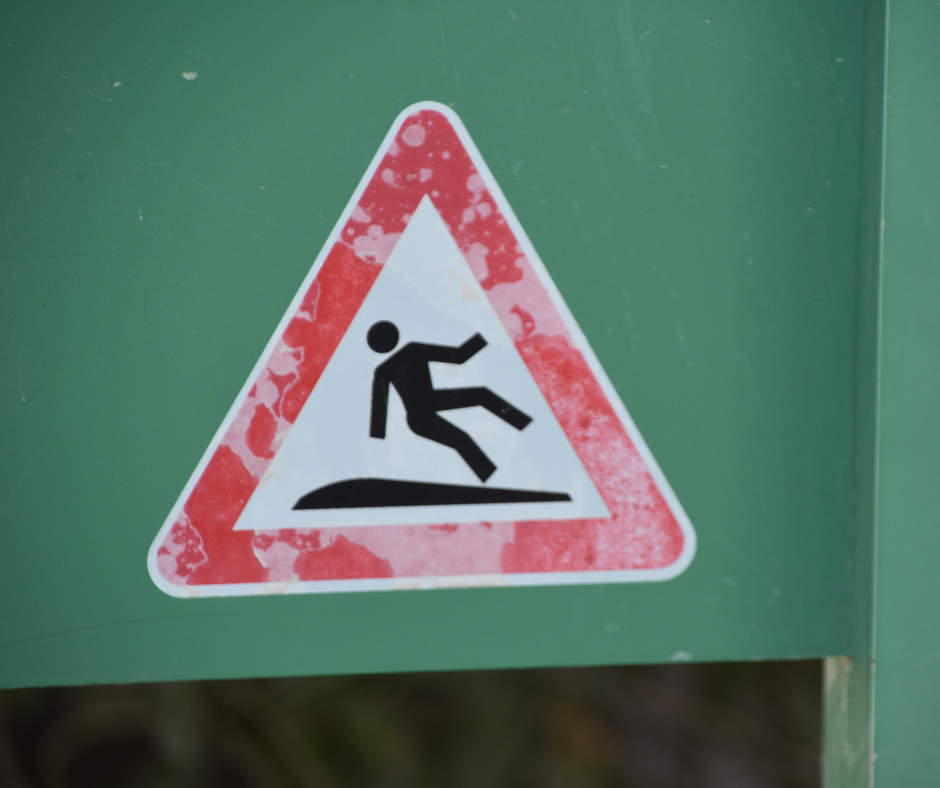 I don’t really need to tell anyone here what a life-changing event a traumatic brain injury (TBI) can be. Every day things we used to take for granted aren’t things we can casually take for granted any more.
I don’t really need to tell anyone here what a life-changing event a traumatic brain injury (TBI) can be. Every day things we used to take for granted aren’t things we can casually take for granted any more.
A TBI is a total game changer–things we did before without thinking about are either incredibly difficult or even impossible now. Activities we used to take for granted are now considered challenges.
There are lots of challenges for me, but I won’t bore you with a list of them. I’ll say a little bit about one challenge that loads of people with a TBI face: not being able to drive. But it’s going to be all about me.
This restriction doesn’t change anything at about my life, since I hardly ever drove before. I haven’t owned a car since the early 1990’s, and didn’t get my first driver’s license until I was 28.
In my home state of Wyoming, I would walk everywhere. Growing up in Cheyenne and going to college in Laramie, the towns were small enough that I felt there wasn’t anything that was too far to walk to, even in the harsh, brutal, windy winters and even as a child.
When I was in the Boy Scouts, there used to be organized hikes we could take, to go toward a hiking merit badge. There were five, ten, and twenty-mile hikes and I participated in all of them. The way it worked was that we would pile into cars and be driven five, ten, or twenty miles outside of town, be dropped off, and then walk back. The twenty-mile ones were all day affairs–a heck of a way to spend a Saturday. The twenty-mile hikes were kind of brutal for a twelve-year- old; I would usually be kind of stiff and sore for a couple of days afterward.
I kept up walking into my adulthood. I got plenty of exercise, and putting on my shoes and going for it on foot was sure cheaper than buying a car and paying for gas, not to mention tune-ups and repairs.
Of course, when I moved to the Twin Cities, I used public transportation. But I still would walk when I could, and there were times circumstances required me to walk, and run, like trying to catch up to a bus. Even when I became a journalist, I relied on a combination of public transport and walking.
There are lots of benefits to walking, aside from the exercise: it gives me time to think, I’m more aware of my surroundings, and over the years, I’ve found lots of loose money lying around. I was never athletic; walking is pretty much the only steady exercise I’ve ever gotten.
And it may have helped save my life.
My doctors have told me that being in great shape, in their opinion, went a long way toward keeping me from suffering more profound and negative effects from my stroke, including possibly being the factor that kept me alive.
I had my stroke in Minnesota but now live in Tacoma, where my doctors have advised me not to drive. I don’t get out all that much, so it’s not all that big a deal; having to find other ways to get around isn’t a new concept.
I find Tacoma’s transit system maddening and almost incomprehensible, compared to the system in Minneapolis/St. Paul, so I continue to walk when I can, rather than to totally depend on mass transit.
And as I noted in a previous essay, I make it a point to get out and walk daily anyway.
It’s great physical therapy for me, and as I’ve mentioned before, it’s great exercise, not just for my legs, but also for my heart and circulatory system. And it may help prevent me having another stroke.
I also continue to find loose money.
If you live in or near Tacoma, maybe you could contact me, and we can go walking.
I would welcome the company. Maybe we’ll even find some money.

Isaac Peterson grew up on an Air Force base near Cheyenne, Wyoming. After graduating from the University of Wyoming, he embarked on a career as an award-winning investigative journalist and as a semi-professional musician in the Twin Cities, the place he called home on and off for 35 years. He also doesn’t mind it at all if someone offers to pick up his restaurant tab. Peterson also welcomes reader comments. Email him at isaac3rd@gmail.com.






